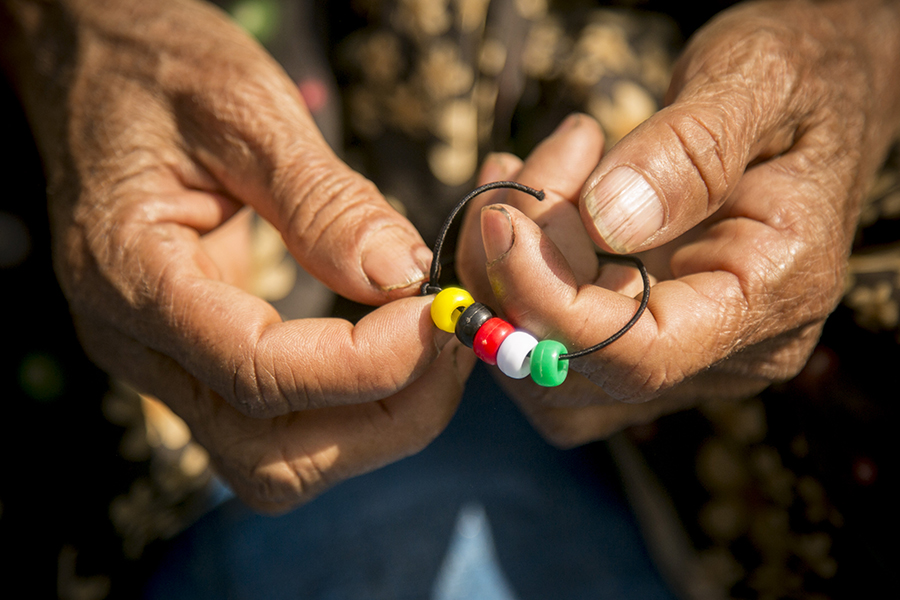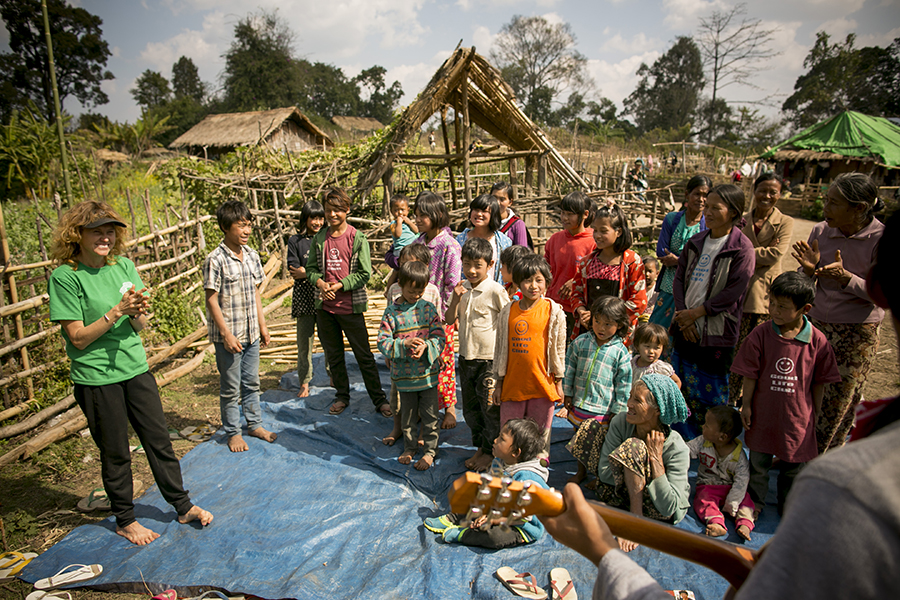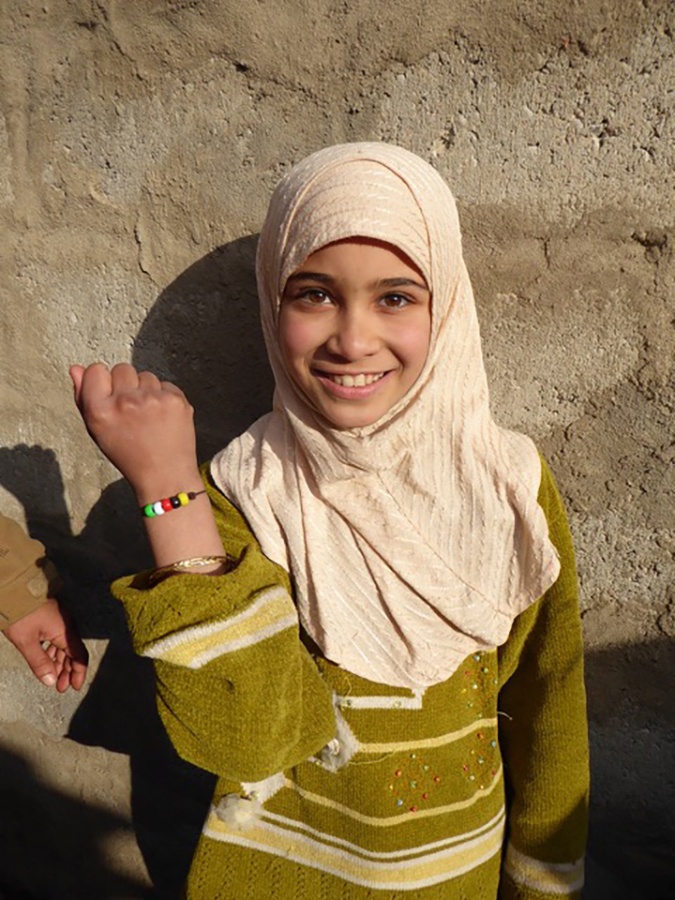A Step Ahead: Learning to Be Vigilant in Love
18 May 2017
By: Karen Eubank

On January 29th, in Al Rashidia, northeast Mosul, Iraq, our team gave a Good Life Club children’s program to about 300 local children living in a community liberated by ISIS only the week before. We were there with the Iraqi Army and together we celebrated with the families in the neighborhood the new freedom of mind, body, and spirit that they could begin to experience after two years of heavy oppression under ISIS. Yet, this area is still in ISIS mortar and drone range, and the day after sharing about our love for them and the love of God that was deep and wide, a mortar struck a group of children less than a kilometer from where we had held our program, injuring five and killing six, and one adult. We had left our program cheered by a joyous, fun-filled morning with these resilient children; loading wounded and lifeless bodies into our ambulance the next day was a heavy contrast indeed.
But not unusual.
In Karen State, Burma, sometimes it has seemed that we are just a step ahead with the Burma Army right behind us, as we heard of children we had just seen now hiding in the jungle. In Sudan, we shared precious hours with children who were repeatedly bombed by the SAF dictatorship while we were there, and after we left. In November last year, in southeast Mosul, we hadn’t quite finished our program before mortars were landing near the school where we were meeting and we left together with the children.
Experiences of conflict following a GLC program remind me of the moment I felt God direct me to the core of our mission – through a news program I watched in a hotel room. It was 2003 and I watched a report of a school shooting in Chechnya. In a profound and unexpected way, that event brought distilling questions to mind: What was the last thing those children had been taught before the attack? What was the last thing their parents said to them that morning? I knew in that moment that in the broad scope of subjects on which to ‘educate’ children, the most important message was about God’s love and the saving hope of Jesus. I would never know how much time a child would have after we met, or how much time I would have, for that matter; therefore, the most essential message to give would be the Gospel.

And yet, even with this knowledge and faith, after the fun and games end it is hard not to be rocked when the reality of the war zones we work in hits. In Kachin State in 2013, we returned to a school we had been to the year before, that had been recently attacked and ransacked by the Burma Army. Children’s clothes and personal possessions were scattered in their torn-apart dormitories. We found the bead bracelets we had given them tossed with everything else on the floor. I was sick at heart and asked God, “Where is your gospel now? How could this happen after all I told them about your love and care for them?”
And I soon felt an answer, an affirmation: “You got there first, before the attack. The message was there ahead to strengthen them for whatever the future would hold. Keep a step ahead. Be vigilant to get my love out there before whatever may follow.”
After hearing about the deaths of so many children in Al Rashidia a day after we had met them, I hoped and prayed that those children had been at our program, and understood that there is a God deeper and wider than the destruction man can cause. While I was deeply saddened, I was just as deeply grateful that we had been there first to let them know that God can control their soul’s destiny despite any act of man in their lives. With reason, we are called to be vigilant in our message, and of necessity we must have hope in the truth of God’s promise to reveal Himself in the lives of these, his children, on earth or in heaven.


